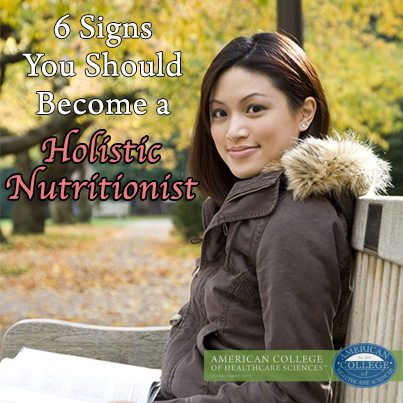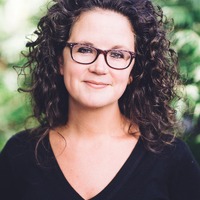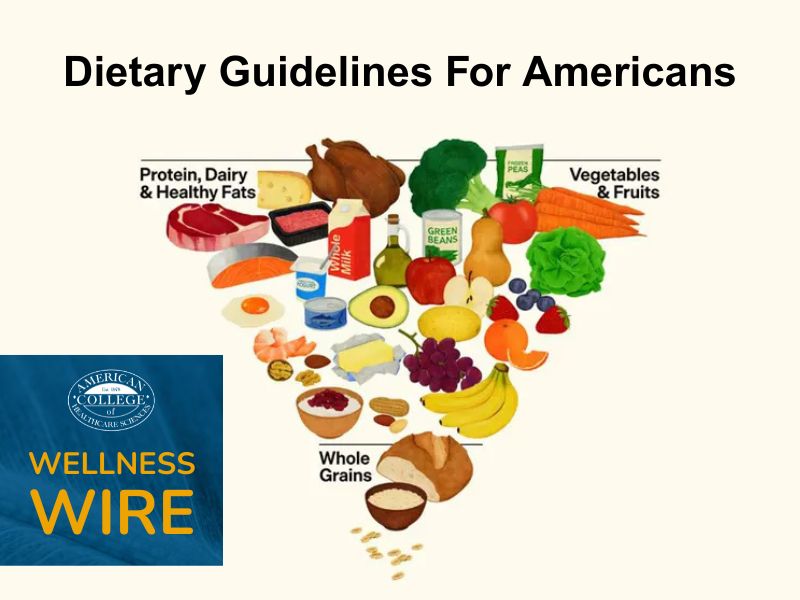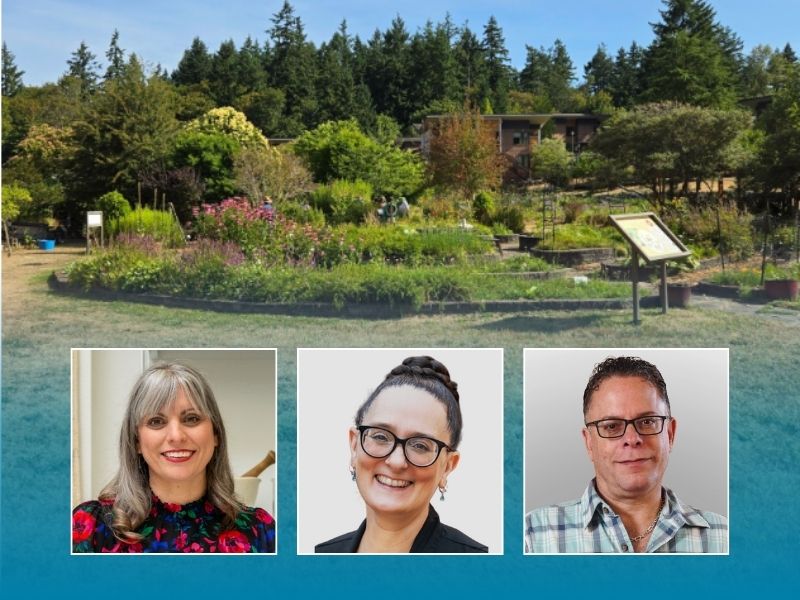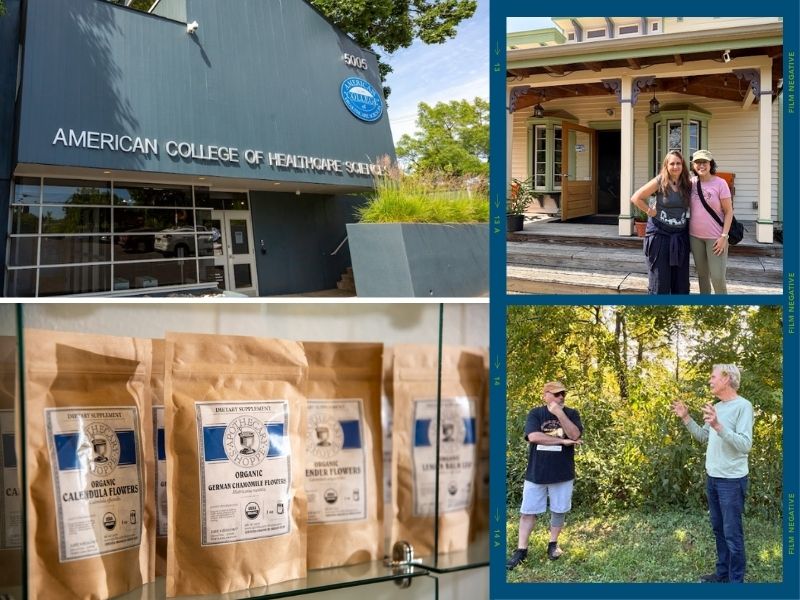Editor’s Note: This post was originally published on June 9, 2014, and was updated in June 2017.
Why do you do what you do?
This was the question asked by the keynote speaker, Jim Roman, at the NANP Conference & Expo in 2014 to a room full of holistic nutrition professionals, students, experts, and me. I’m a writer, inbound marketer, artist, locavore/foodie—and I wouldn’t call myself a nutrition expert, but the question still struck me.
Why do you do what you do? At first, it doesn’t sound too scary. But when you start to reflect on the why—the core motivation for why you get up in the morning, why you’re on the path you’re on—the question becomes deeply personal. It can shake you up.
As I listened to the answers from the crowd, I was overwhelmed by the compassion coming from the holistic nutrition professionals:
- To help people heal so they can fulfill their life’s purpose
- To give women a positive body image so they can empower their daughters
- To help people with special needs maintain healthy nutrition so they can follow their dreams
I was moved. It also reminded me of our students and faculty here at ACHS. They aren’t just studying and practicing holistic nutrition because they like to cook organically or have a knack for anatomy and physiology. They want to heal people through food and make a positive change in the world.
So when I reflected on the question, I was pleasantly surprised that my answer was similar. The reason I write is to foster healing, or at the very least, comfort. Albeit, writing and art is more like nutrition and healing for the soul. When I describe my favorite book from my favorite author—Walking on Water by Madeleine L’Engle—I compare it to “emotionally drinking a hot cup of my Grandma’s chamomile tea.” Stories and words are healing, and I love that I discovered that connection between writing and the art of holistic nutrition.
So why do you do what you do? If you don’t like the answer, it might be time to make a change.
As a writing teacher, my favorite part of the job is helping my students verbalize their academic and career goals during office hours. And after working with my fabulous team at ACHS and attending the NANP Conference, I can pinpoint a few key character traits of holistic nutrition professionals. Are you someone who loves seeing people thrive when they’re eating right? Do you love scouring local farmer’s markets with friends and pointing out which green veggies will boost their mood? If YES, you might want to start researching holistic nutrition schools.
Still unsure? Maybe my epiphany from NANP will help! Here are my 6 signs why you should consider becoming a holistic nutritionist:
1. You have an obsession for great, local food.
Let’s be honest. If you don’t like food, you probably won’t enjoy studying nutrition. Holistic nutritionists live for finding local farms with the freshest organic produce. They read blogs on the latest ways to season a cast-iron pan for optimal iron-intake. They go crazy for the ultimate kale smoothie. If that got your heart rate up…you may need to consider a career in holistic nutrition.
2. You’re fascinated by how the body works and responds to certain foods and chemicals.
For a sculptor, her canvas is the stone. For a writer, her paper. For a holistic nutritionist or holistic nutrition consultant, the canvas is the human body! Here’s a little test:
Q. Coarse, brittle, and dry hair can signal…
- I have no idea, but I’m dying to find out!
- Don’t know; don’t care.
- A zinc or vitamin A deficiency! Eat more organic whole grains, green veggies, brewer’s yeast, and fish.
- It’s time for a trip to the salon for a conditioning treatment.
If you answered A or C, you probably enjoy learning how nutrients can impact the delicate balance of the body, and I’m sure you’ll enjoy this other ACHS blog post on nutrient deficiencies: Mirror to Wellness: 4 Health Indicators that Can Signal Deficiencies.
3. You’re adventurous and enjoy trying new things.
Every artist and scientist knows, you have to take risks to achieve results. Holistic nutritionists step outside of their comfort zone by trying new or strange foods (raw bee pollen, anyone?). This helps them inspire clients to take healthy chances in their own diets, and it’s one of the surest signs you should become a holistic nutritionist.
4. You’re disturbed by the amount of nutrition-based health issues in today’s society.
If the climbing heart disease, obesity, cancer, and diabetes rates in the U.S. have you thinking, “Well, of COURSE these diseases are skyrocketing—there’s a McDonald’s on every corner!” then you’re certainly in the same camp as the nutrition experts at the NANP Conference and ACHS.
Speaking of McDonald’s, did you know they were the featured sponsor of a notable DIETITIAN’S conference (along with Butter Buds, Boston Market, and California Pizza Kitchen)? Pretty gross. Or maybe you swore off Subway and a few other dangerous restaurants after you learned what they add to their bread.
If unsettling nutrition stories get your blood boiling and drive you to make positive changes in our society’s relationship with food, you may be perfect for a career in holistic nutrition.
5. You know people are happier when they feel better.
We all know that crummy feeling after binging on processed junk food. Compare that to the uplifting and energized feeling you get after a spinach and kale salad or a few organic orange slices. There’s a significant difference.
When I’m practicing holistic healthy living—eating right, practicing yoga twice a week, journaling, and getting outside—I feel like a million bucks. (And my family and friends will tell you I’m a whole lot easier to be around!) If you have a deep desire to see people reach their peak of wellness through good, nutritious food, it’s a sure sign you should be studying holistic nutrition.
6. You have a deep desire to help others heal through nutrition.
This is probably the biggest and most important sign on my list for why you should become a holistic nutritionist. Since working at ACHS and attending the NANP Conference, I’ve learned that all successful holistic nutritionists harbor an unwavering desire to help others feel better. Whether they are working with adolescent children, adults with disabilities, working moms, or CEOs on the go, these nutrition professionals want to help healing happen.
These successful nutritionists may write best-sellers, host webinars, and run successful holistic health practices, but if you ask them Why do you do what you do?, you’ll get some form of the answer: To help others through nutrition.
Holistic nutrition and consulting is an art, and like all arts, successful practice must come from the deepest parts of ourselves. So now that you’ve reached the end of my list, I’ll ask you the question the keynote speaker asked all of us at NANP:

This article is for informational purposes only. It is not intended to treat, diagnose, cure, or prevent disease. This article has not been reviewed by the FDA. Always consult with your primary care physician or naturopathic doctor before making any significant changes to your health and wellness routine.
